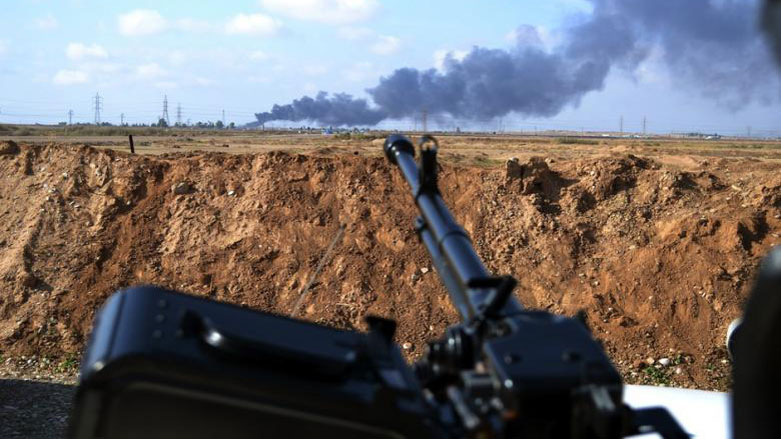'There is agreement over Mosul's administration after IS'

ERBIL, Kurdistan Region (Kurdistan24) – The city of Mosul will be cleared from the Islamic State (IS) by the end of the year, and there is an agreement over who will administer the area post-IS, said an official from the Peshmerga Ministry on Friday.
In an interview with Kurdistan24, the Secretary-General of the Peshmerga Ministry Jabar Yawar said the jihadist group would be eradicated from Mosul, the second-largest city in Iraq, by the end of 2016.
Yawar mentioned preparations for the Mosul offensive are nearly complete, including military, advisory, logistical and aerial support.
“The plan shows every single detail of the operation, and the decision is already made about the process of the offensive,” the Secretary-General said.
He noted the liberation of Shirqat town was a stepping stone for the advance toward the center of Mosul.
“The Kurdistan Regional Government (KRG) had reached consensus with the federal government of Iraq and the US-led coalition countries on all the details of Mosul’s liberation,” Yawar continued.
“[This includes] how to administer Mosul after IS and create a high committee to solve the issues that emerge after the liberation of the city,” he added.
The Peshmerga official stated all sides had agreed on the details of the Mosul operation and future of the city, but only need to sign the agreement.
Yawar refused to reveal the parts of the accord for now.
Mosul has been under the control of the insurgent group since June 2014.
The city used to be home to different ethnic and religious groups including Kurds, Sunni Arabs, Christians, and Turkmen.
The United Nations (UN) expects one million people to leave Mosul as the military operation begins to rid the city from IS.
Most of the displaced are expected to flee to the Kurdistan Region.
Editing by Karzan Sulaivany
